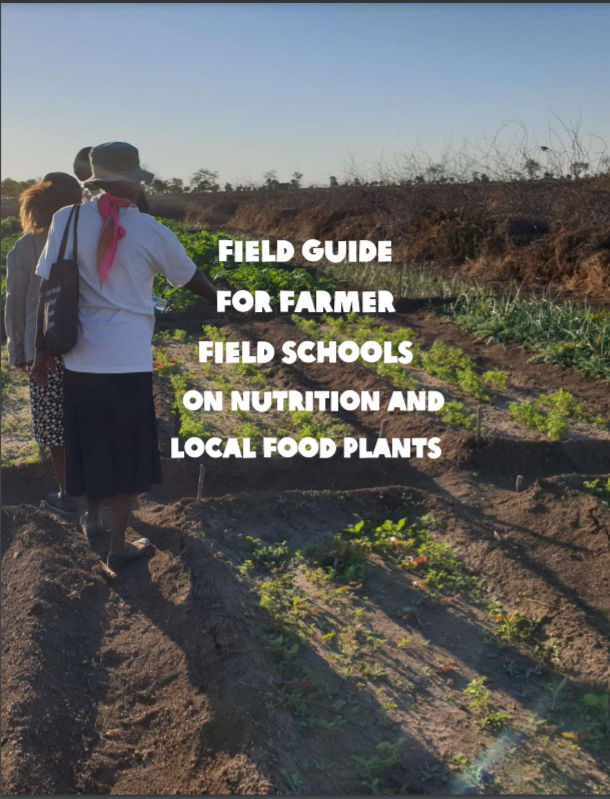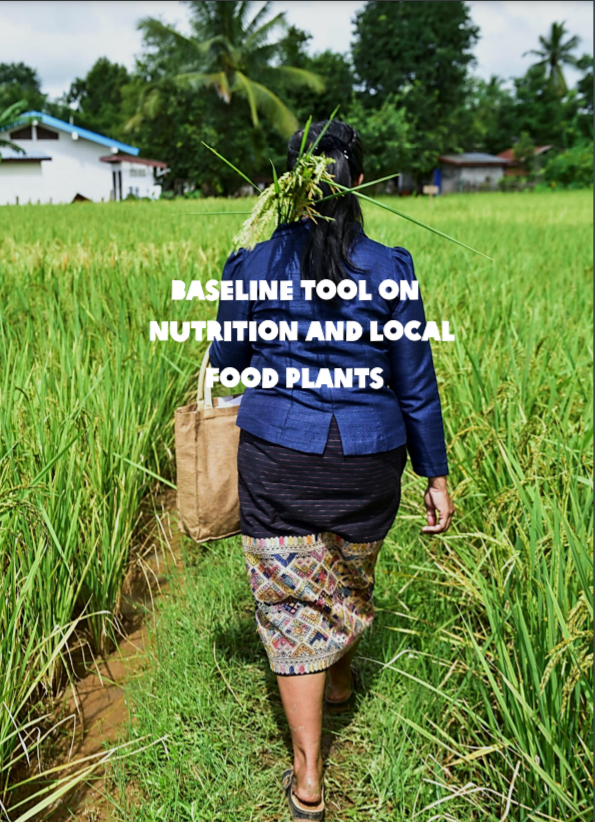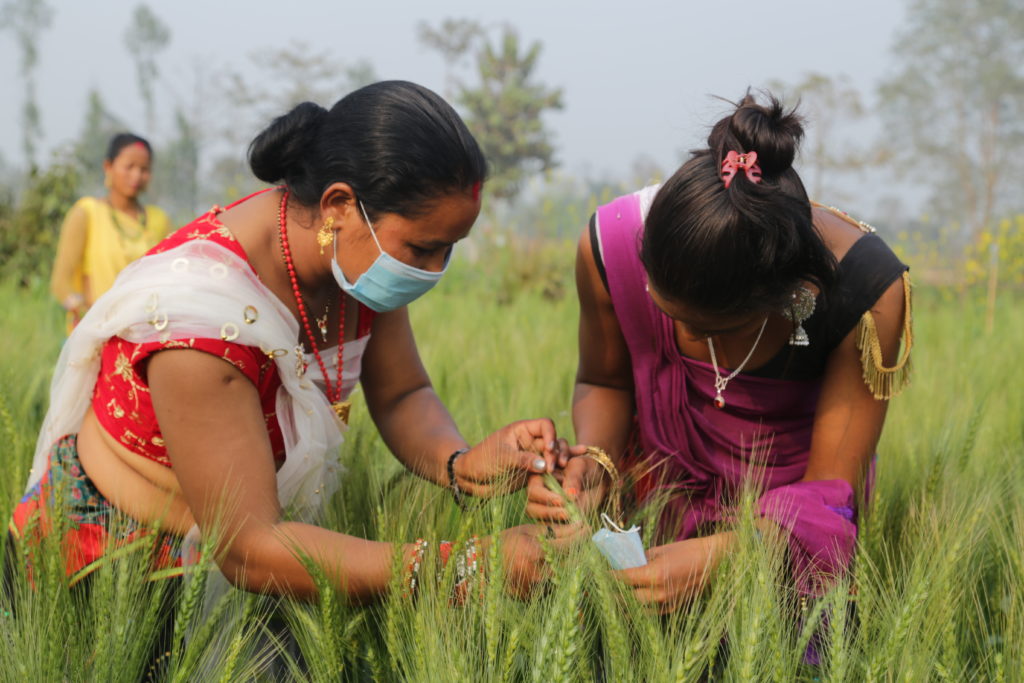Food scarcity periods and low-quality food, with poor nutritional value, are common ways for food insecurity to manifest in rural communities. Local food plants can contribute to reducing and even ending food scarcity periods by adding nutritional value to diets throughout the year.
Diets are becoming more homogeneous and the availability of local food plants – and especially NUS – is decreasing worldwide, due to widespread changes in terms of land use, biodiversity and traditional knowledge. Fortunately, communities know a lot about minor crops, semi-domesticated and wild plants that can help diversify a household’s sources of nutrients, filling the gaps seen during the food scarcity periods.
Communities knowledge as a starting point
SD=HS taps into communities’ knowledge and strengthens their capacities to cope with the food scarcity periods, diversify their diet and improve nutrition through a better use of local food plants. NUS have been forgotten in the international food policy and research efforts, or have been stigmatized by rural families (for example, being regarded as symbol of low social status). NUS, however, have an enormous potential for ensuring healthy, affordable and sustainable diets. A key step is to enhance the local knowledge – often held by women and elderly people – about the identification, seasonality and location of local food plants, including NUS, as well as their management, storage, processing and preparation. SD=HS works with a gender approach, helping to strengthen the position of women in households, communities and institutions.
Our work on local food plants for nutrition relies on farmers’ capacities to manage plant genetic resources, which SD=HS supports through Farmer Field Schools and other participatory approaches. The program supports policies and legislation that promote diverse and healthy diets through the use of the local biodiversity, encourages the creation of networks of seed and knowledge exchange, and empowers farmers through experiential learning.
Our impact
- FFS curriculum and online course on local food plants for nutrition developed, tested and implemented in the FFSs.
- Over 230 Farmer Field Schools on local food plants for nutrition established, reaching more than 5,000 participants.
- About 400 master trainers and facilitators (of whom >50% women and >25% youth) trained for Farmer Field Schools on local food plants for nutrition.









